Department of Law
The Department of Law provides legal advice and serves as in-house counsel to the City of Pittsburgh, which often involves providing advice to the Mayor, City Directors, City Council, and various governmental units, as provided for pursuant to the City of Pittsburgh’s Home Rule Charter. The Department of Law is responsible for all legal affairs for the City of
Pittsburgh. The Department of Law represents the City in all legal aspects of its daily governmental functions. It also represents the City in high profile cases, significantly impacting public policy and City residents’ quality of life.
The Solicitor and Assistant Solicitors represent the City of Pittsburgh regarding all civil litigation, legislative and legal issues, and code enforcement proceedings. In addition to litigation, solicitors assist in the drafting and review of city legislation, which includes preparing all contracts for the City of Pittsburgh and providing legal counsel to city officials.
The Law Department is divided into eight general service areas or divisions:
- Litigation.
- Labor and Employment.
- General Municipal.
- Tax.
- Real Estate.
- Zoning.
- Claims.
- Open Records Officer.
More about the Department of Law
Below is a list of content in the Department of Law's Transition Brief (prepared by Thomas Consulting Group for The Pittsburgh Foundation).
|
FINDINGS
|
|
MORE ABOUT THE DEPARTMENT
|

